
(Ecofin Agency) – Vivo Energy Côte d’Ivoire, the Ivorian dealer of Shell, started this month on the wrong foot on the regional money market BRVM. The company’s share accumulated a loss of 6.98% consecutively over the second week after the 0.77% contraction between January 25th – 29th, 2021.
This counterperformance occurred while Vivo experienced its second-largest weekly transaction since November 16th, 2020. No official comment was made from the company and the investors. However, investors may be skeptical about the company’s ability to increase its net income for FY2020 and consequently increase its dividends.
At the end of Q3 2020, Vivo Energy CI posted a turnover of CFA233.5 billion, down 11% compared with Q3 2019. For an undisclosed reason, the operating result fell 4 times more than sales revenue (-48%) over the period under review, to only CFA2.8 billion. Net profit also dropped by 51%.
If this downward trend continues, the company will experience its worst performance since 2016. In its financial statement, Vivo Energy CI identified Covid-19 as the main cause of the current situation. But data compiled by the Ecofin Agency show that the growth of its profit has been slowing down for almost 4 years. Complete financial statements will allow a better analysis of the situation.
The main expense of Vivo Energy CI is the acquisition of products for sale. The company is also conducting other activities, which may have been impacted by the lockdown.
Another point to monitor is the change in inventories. An increase is often a negative thing for the income statement. For the time being, the elements that can be taken into account are the performance of other BRVM-listed companies in the same sector, such as Total’s subsidiaries in Côte d’Ivoire and Senegal. Their net margins have also declined, but by only 25% on average, in the same context.
The question now is whether the company will remain on its generous dividend distribution policy. In 2019, when it ended the year on its lowest net income growth since 2015 (+1.4%), it maintained a high dividend level. Based on currently available figures, its earnings per share are CFA26 and the amount is expected to improve at the end of Q4 2020, but not enough to allow the same level of dividend as in previous years.
Idriss Linge

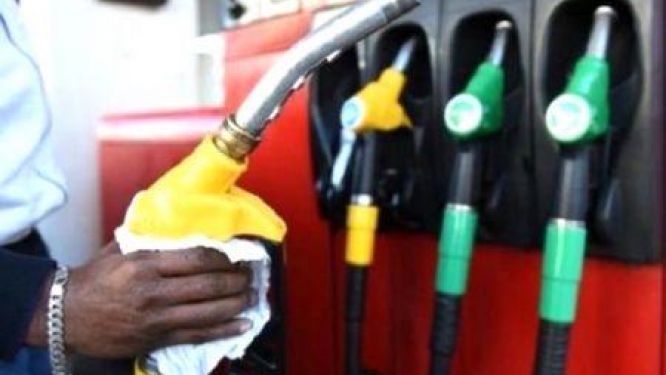
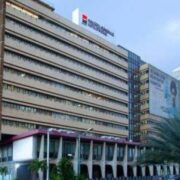
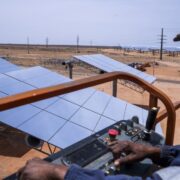
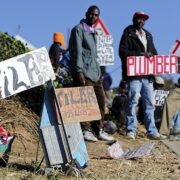
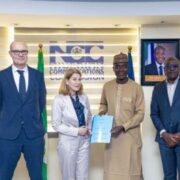
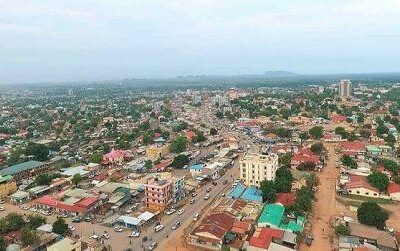
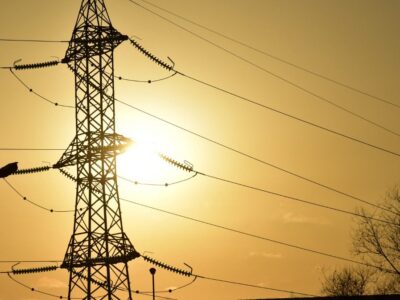

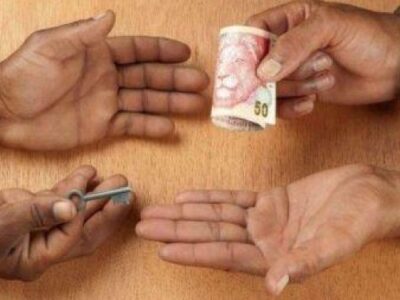

Comments